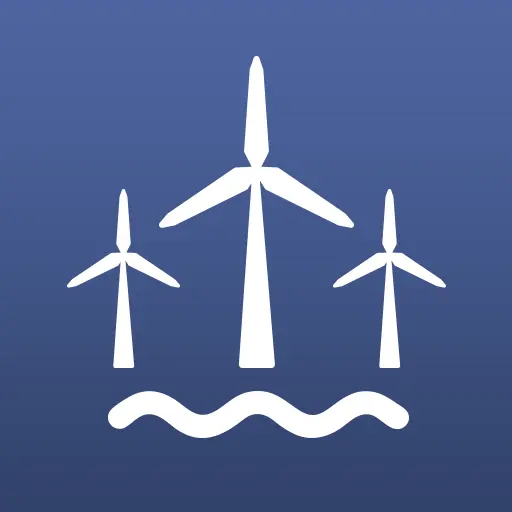
Sweden Pelagic Federation Producer Organisation (SPF) represents the entire Swedish pelagic fishery in the North Sea region. We have ca 40 member vessels fishing in the Baltic and the North Sea. Our members fish for e.g. mackerel, sprat, herring and sandeel.
We note that the environmental impact assessment produced is a comprehensive document which cover many aspects. SPF would like to take the opportunity to express some views and concerns on the Dogger Bank South Project in this consultation.
Windmill farms may result in e.g. continuous low frequency underwater noise during the windmill park lifetime, increased turbidity during construction, changed current patterns, and electromagnetic fields around cables. Crab and lobster larvae have been demonstrated to risk impaired swimming capabilities from electromagnetic fields, and there are indications that pelagic species may avoid wind parks. The present knowledge about these factors and their effect on the underwater fauna is severely lacking. SPF members are concerned that these and other impacts from windmill farms may negatively impact some fish species. Risk for effects on fish behaviour, migration patterns and fish reproduction etc. cannot be ruled out.
In the southern Baltic, there has been an extensive expansion of windmill farms. At the same time, the migration patterns and behaviour of the southern/western Baltic spring-spawning herring seem to have changed, and the recruitment of this stock is presently at historically low levels. ICES has since several years given a zero advice for fishing on the stock and severe fishing restrictions are in place. Even though there are no proof that the reproduction has been impaired directly through the windmill farms, this is the connection that many of our members do, and they are concerned that windmill farms in other areas may likewise negatively impact pelagic fish recruitment.
SPF is of the opinion that using the precautionary principle, studies on factors such as these on a wide range of fish and crustacean species need to be carried out before any decision can be made on allowing offshore windmill parks. If wind parks are approved and built, we are of the strong opinion that long-term studies on the fish community must be conducted in and around the park to further the knowledge on effects from wind parks on different fish and crustacean species.
Large areas on the Dogger Bank are now restricted for fishing practices. This negatively affects our members and other fishermen, who have fished in these areas for generations. Pelagic fishing with midwater trawls or purse seines is a practice that needs large areas, and the towed gear can be well over a kilometre long. Currently, we are not aware of any wind park where fishing with active gear is allowed or practically feasible. Therefore, windmill farms have replaced the historical fishery in many areas. Cumulative effects on fisheries in a larger regional context should be considered, and fishermen compensated by the windmill companies both for the loss of fishing waters and fishing opportunities.
If you have any questions for us regarding this consultation response, or regarding the Swedish pelagic fishery, please contact us.
Malin Skog,
Sweden Pelagic Federation Producer Organisation